BIOGRAPHIES
The Bridge Builders Project tells the stories of Charlottesville leaders who have been recognized for their efforts to cross class, racial, and economic barriers to create a diverse and just community. By learning this history, we anticipate that citizens, including students, will be inspired to continue the work to transform our community into a more inclusive and welcoming place where all can thrive and grow.
For full bios, read the book on PDF or order a free copy here >
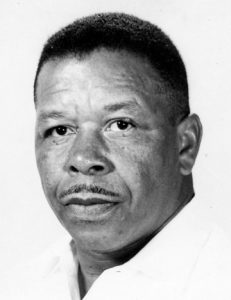
Drewary Brown | 1918-1998
Drewary Brown helped start the Monticello Community Action Agency (MACAA) and the Public Defenders’ Office. He was an inspirational civil rights leader in Charlottesville from the 1960s until his death.
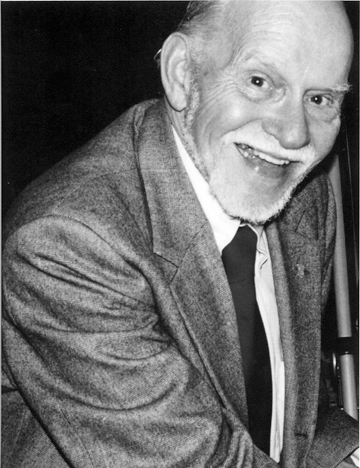
Raymond Lee Bell | 1927-2004
Ray, the first African-American on the Charlottesville School Board, was appointed shortly after schools were ordered to desegregate. Because of his great skills in communicating with people of all races and economic groups, he facilitated the desegregation of faculty and student body in Charlottesville schools.

Sarah Patton Boyle | 1906-1994
Born to a well-to-do white family with deep Virginia roots, Patty Boyle learned how to face her own racism as well as its outward manifestation in segregated institutions. She joined with others to speak locally and statewide to whites about the importance of desegregation.

Frances C. Brand | 1901-1990
A former military officer, Brandy embraced issues of peace and justice and painted portraits of many of Charlottesville’s “Firsts,” like the First African-American mayor, the first female mayor, the first African-American female police officer.

Benjamin Bunn | 1906-1989
Arriving in Charlottesville in 1944, Rev. Bunn began to change the landscape by starting the local chapter of the National Association for the Advancement of Colored People (NAACP), desegregating the library by using it, and bringing together whites and blacks to discuss racial issues.

Imogene Bunn | 1912-2002
Educated as a registered nurse, Imogene became the first visiting nurse to serve white as well as African-American patients. When hospitalized for elective surgery, she integrated UVA’s white-only wards by refusing to be a patient in the substandard colored section of the hospital.
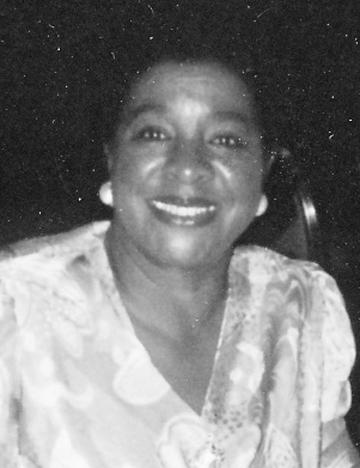
Virginia Carrington | 1914-2004
Virginia was an intrepid recruiter of members for the Charlottesville NAACP, and she broke down many barriers of racial segregation and social justice through her work with soup kitchens, the local food bank, and as an assistant teacher in Charlottesville schools.

John Conover | 1945-2020
John has built bridges throughout the community through his expansive and engaging personality, including physical bridges with the Rivanna Trails Foundation, and a safe place at the Blue Ridge House for persons with mental health issues.

Luther Dow Cooley | 1905-1973
LD or Dow was a Charlottesville businessman who owned and operated many area restaurants, which he desegregated well before laws required him to do so. He did this despite pressure from banks who retaliated by calling for immediate loan repayment.

Emily Couric | 1947-2001
Emily worked as a school board member and later as state senator to improve education, health, and the environment. She reached out to a diverse constituency to increase public participation in the political process.

Holly Marie Edwards | 1960-2017
Holly used her nursing skills and her compassionate personality to serve a wide variety of people in the public housing community. She bridged differences between people, creating a dialogue on race as well as forging a sister city connection with Winneba, Ghana.

Mary Ann Elwood | 1932-2011
Mary Ann challenged the status quo by enrolling her children in newly desegregated public schools, creating a preschool for disadvantaged children, and integrating the local Democratic Committee, taking it over from the segregationist “Byrd Machine.”

William Allen Elwood | 1932-2007
Bill was a UVA professor of English who introduced African- American literature into the curriculum, vigorously recruited minority students and faculty, and produced a deeply moving film, The Road to Brown about legal challenges that led to Brown v. Board of Education overturning the separate-but-equal doctrine in segregated schools.
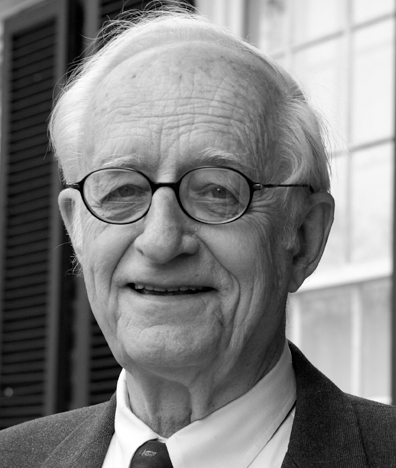
Francis H. Fife | 1920-2015
Francis served Charlottesville in many capacities as mayor and councilman. He retained a lifelong commitment to affordable housing working with the Charlottesville Housing Foundation as well as on state boards and agencies to increase its supply in the City.

Jane B. Foster | 1924-2014
Jane worked throughout her life for integration of schools and social justice, and in her later years advocated for a living wage at UVA and supported the cause of peace by picketing weekly at the federal courthouse.

Paul M. Gaston |1928-2019
Paul, an American history professor at UVA, was instrumental in starting the first African-American studies program at the University. He also became an icon in the local civil rights movement when in the 1960s he tried to enter Buddy’s Restaurant with an interracial group and was punched and knocked down.
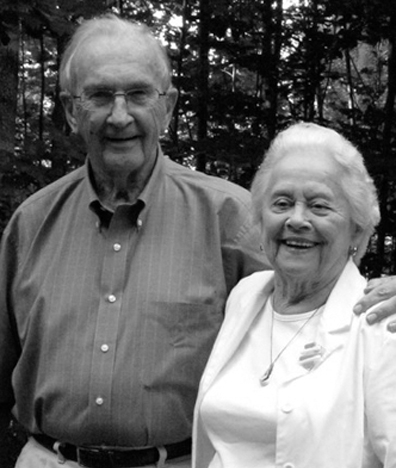
Charles H. Gleason, M.D. | 1924-2017
Along with his wife Betz, Charlie was among the first white people in Charlottesville to sign a petition for open housing. He started the ARC of Charlottesville for people with developmental disabilities and worked with a number of children and youth organizations.
Elizabeth “Betz” Gleason | 1924-
A Charlottesville native, Betz worked for many civic causes and supported racial integration. She served as vice-mayor of Charlottesville from 1980-88 and was the first woman to serve two terms on City Council.
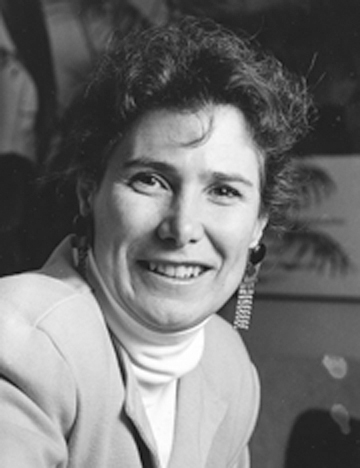
Edith “Winx” Lawrence | 1950-
Since college, Winx has worked to help people in social and economic difficulty join mainstream society, including creating the soccer outreach program to children in subsidized housing and mentoring young people in the community and in UVA’s Curry School of Education, where she taught.

Alicia B. Lugo | 1941-2011
Alicia was the first African- American chair of the Charlottesville School Board and also worked within the community as executive director of the Opportunities Industrial Council (OIC) job training program and later at Teensight, a teen pregnancy prevention and education program. When Alicia spoke, people listened.
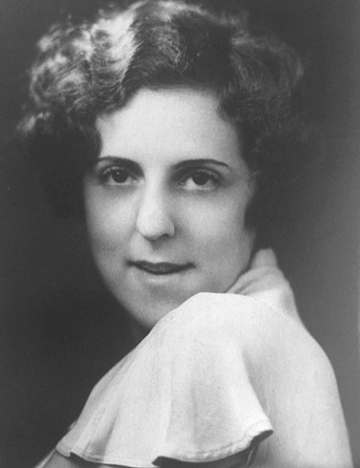
Matilda Kobre Miller | 1908-1994
Miss Tillie, as she was called, ran Victory Shoes Downtown where she offered credit to all, including African-Americans, many of whom in the 1940s and ‘50s were unable to afford the price of shoes from weekly wages. Her store was considered a welcoming place for all people in Charlottesville, regardless of race or economic status.

Henry B. Mitchell | 1912-2002
The Reverend Mitchell lived in Charlottesville from the late 1950s to late 1970s serving as minister to Trinity Episcopal Church. His school-aged son was a plaintiff in the lawsuit to desegregate the schools, and Henry later served eight years on the City School Board. The Reverend Mitchell worked with a myriad of organizations helping families, including Camp Faith, Monticello Area Community Action Agency, and the Charlottesville Housing Foundation.

Nancy K. O’Brien | 1936-
Nancy has long been an advocate for a diverse Charlottesville community, Nancy, the first woman selected as mayor, has given help to a variety of causes, including preservation of Jefferson School, finding a home for the Shelter for Help in Emergency, and advocating for affordable housing through state housing agencies and boards.

Teresa Walker Price | 1925-
Teresa uses her telephone to work tirelessly for her Starr Hill neighborhood. She was one of the first African-American teachers to agree to teach at Lane High School during desegregation, and she has been honored for her efforts to protect and renovate Jefferson School.

Booker T. Reaves | 1915-1996
Booker was the first and only principal in the African-American Jefferson School. He was tapped to be principal of the newly integrated McGuffey Elementary before becoming assistant to the City School Superintendent to help smooth the desegregation of schools by encouraging and supporting African-American teachers who chose to teach in predominantly white schools.

Mary Pierce Reese | 1931-2014
Mary worked her way from secretary to principal of an elementary school before coming to Charlottesville to help lead City Schools. She also assisted many community projects, including the Senior Center, Barrett Early Learning Center, and the Jefferson Board of Aging.

Franz Gerhard Stillfried |1960-88
Franz helped organize the Independence Resource Center for people with disabilities and helped push Charlottesville to set a goal of 10% accessible housing and 100% accessible public transportation.

Thomas Jerome Sellers | 1911-2006
T.J. was an editor and publisher of The Reflector, the African-American newspaper in Charlottesville and a proponent for ending segregation as quickly as possible. Sellers forged a friendship with Sarah Patton Boyle that helped her understand racism and her own responses to racial issues.

Helen B. Snook | 1927-2018
Sandy worked with black and white citizens to create places where children and parents of all races could thrive, including Camp Faith and an integrated Girl Scout troop. She also taught government to many students at Charlottesville High School.
John Snook | 1924-1989
John was a professor at the Darden School of Business, who helped promote the inclusion of more African-Americans in the Masters of Business Administration program and educated MBA students about the need for inclusion and diversity in the business world.
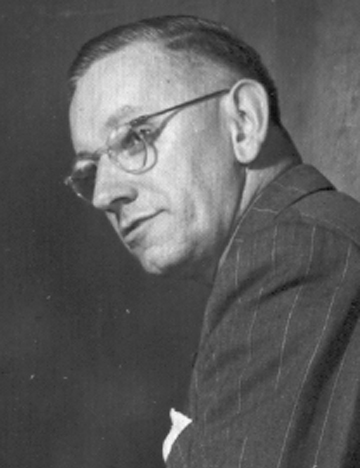
Gerald C. Speidel | 1902-1977
Gerry was a social studies teacher at Lane High School (later Charlottesville High School) dedicated to challenging students about their racial prejudices and promoting ideas of justice and freedom in the classroom and in his participation in civic activities.
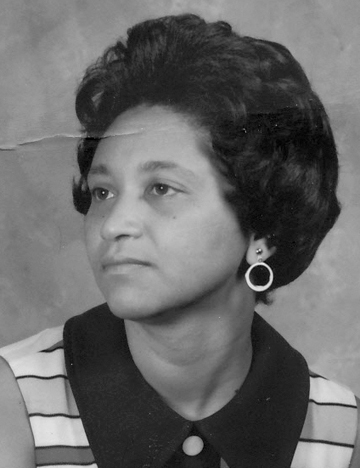
Grace Quarles Tinsley | 1933-2006
Grace was the first African-American female appointed to the City School Board. Later, she served on boards of Charlottesville Albemarle Technical Education Center and Piedmont Virginia Community College while also advocating and raising funding for the creation of a Public Defenders’ Office in Charlottesville

Robert L. Tinsley, Sr. | 1927-2011
Robert was dedicated to obtaining justice for African-Americans in Charlottesville and focused on involving more citizens in the electoral process. He worked every election for the Democratic Party in Carver Precinct, calling voters and arranging for rides to the polls including personally driving them.

Mitchell Van Yahres | 1926-2008
Mitch, who served as city mayor and later as delegate to the Virginia General Assembly, first came to the attention of local citizens when he worked on creating affordable housing in the early 1970s through his church and for his unequivocal opposition to all discrimination. He championed education, sponsored the first apology of the state for the state-sponsored sterilization of thousands of poor women during the 20th century, and created the local Public Defenders’ Office through legislation.
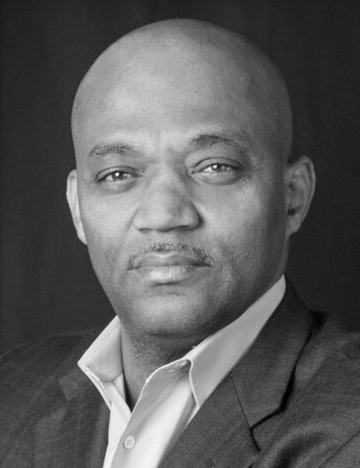
William W. Washington, Jr. | 1964-
William has used his experience of jail to assist other ex-convicts in learning life skills and job skills in order to reenter mainstream society. He founded the Bridge Ministry with a halfway house in Charlottesville and training center in Buckingham County.

Eugene Williams | 1927-
Eugene has spent a lifetime working for social justice and civil rights. He and his wife Lorraine made their daughters plaintiffs in a lawsuit to desegregate Charlottesville Schools under the ruling of Brown v. Board of Education. After winning that battle, they started a business, Dogwood Housing that provided affordable housing for many needy tenants for 27 years until his retirement.

Jay W. Worrall, Jr. | 1916-2010
Jay moved to Charlottesville in the 1960s and became a founder of the anti-poverty organization, Monticello Community Action Agency. Later, he founded Offender Aid and Restoration to help former prisoners readjust to life outside jail.
For full bios, read the book on PDF or order a free copy here >.